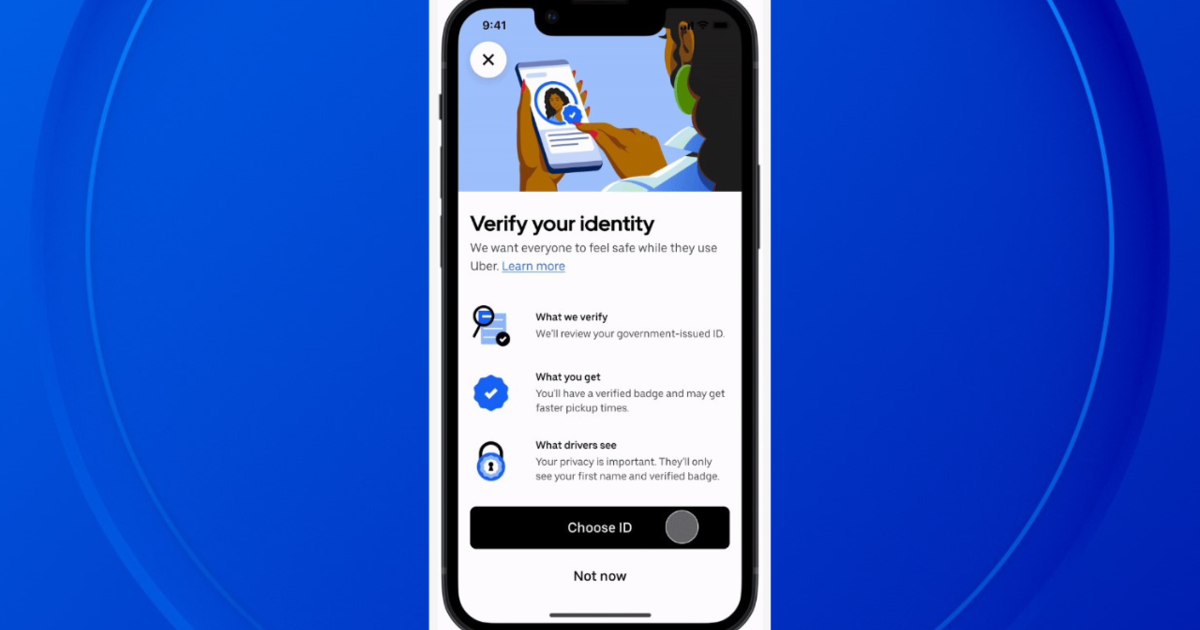Obamacare: What Every Small Business Owner Needs To Know
Change, even when positive, can create confusion and anxiety. Just ask any small business owner trying to figure out the Affordable Care Act. The Act, also called Obamacare, refers to mandated health care reform for everyone and impacts upon businesses of varying sizes differently. This has some small business employers scratching their heads. The stops and starts associated with the first wave of insurance signups have further confused the landscape. If you run a small company, this is how the Affordable Care Act may affect your bottom line.
Does It Hurt or Help?
- Large Group Buying Power - Before Obamacare, health insurance costs reached untouchable levels for many--if not most--small business owners. These small business owners were unable to leverage large-group buying power. With Obamacare, now they can. The lion's share of working Americans are employed in small companies. Under the Affordable Care Act, small business owners are better able to provide health care coverage by pooling both risk and buying power. This allows for the acquisition of high-quality health insurance at a much-lowered cost.
- Tax Credit Relief - Employers with staffs of less than 25 full-time equivalent employees making an average income of $50,000 or less may benefit from the Small Business Health Care Tax Credit--provided they meet certain requirements. In order to qualify, businesses must pay a minimum of 50 percent of their full-time worker's insurance premiums. The tax credit goes towards an amount of up to 50 percent of this contribution, if the business is run as a for-profit company and not classified as tax-exempt. For companies employing fewer workers, the credit may be even higher, particularly if employee salaries are in the $25,000 range. Eligibility determination for the Tax Credit can be further assessed by your tax adviser or accountant and at the HealthCare.gov website. In order to be eligible for the tax credit, coverage must be purchased through the SHOP Marketplace.
![]()
What is SHOP?
SHOP, or the Small Business Health Options Program, is open to employers who have 50 or fewer full-time equivalent, common law employees. This means that part-time employees can be pooled together so as to equal full-time employee status--although health insurance coverage does not need to be offered to part-time employees or their dependents. You can calculate your equivalent full-time employees here. In order to buy insurance through SHOP, and be eligible for a tax credit, all full-time workers on the job for 30 hours or more a week must be offered coverage and, in some states, at least 70 percent must accept that coverage. There are a number of benefits to buying insurance through the SHOP Marketplace, including:
- Ability to control the type of coverage offered and level of contribution towards employee premiums.
- Ability to control the length of the open enrollment period for employees.
- Choice of plans offered over four levels of coverage ranging from Bronze to Platinum and representing 60-90 percent of the total, average cost of care.
- Monthly start dates and no cut-off periods.
- Plans can be reviewed and compared for both cost and benefit level prior to purchase.
- Business owners and their spouses can get coverage if their business is deemed eligible for SHOP.
![]()
Applying for a health plan through SHOP requires the support of an insurance company, agent or broker. It must be purchased in a state where you have a principal business address or an employee work site, such as a store or office. Employers are not required to cover their employee's dependents in most states. They are also not required to cover dental plans, however, are encouraged to do so.
![]()
Corey Whelan is a freelance writer in New York. Her work can be found at Examiner.com.
![]()



